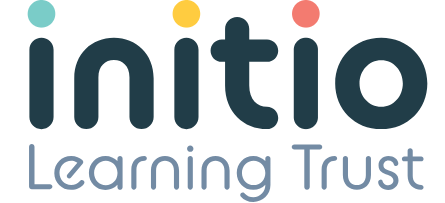Safeguarding
Queen Elizabeth's School is committed to safeguarding and promoting the welfare, both physical and emotional, of every pupil both inside and outside of the school premises. We implement a whole-school preventative approach to managing safeguarding concerns, ensuring that the wellbeing of pupils is at the forefront of all action taken. We expect all staff, governors, volunteers and visitors to share this commitment and maintain a vigilant and safe environment. It is our willingness to work in a safe manner and challenge inappropriate behaviour that underpins this commitment.
The Designated Safeguarding Lead is Mr Mark Willis
|
|
The Safeguarding Manager and DSL is Mrs Niki Nolan-Ford
The Deputy Designated Safeguarding Leads are:
Mr Humphreys - Deputy Headteacher and DDSL
Miss Barnett - Pastoral Manager Year 9 and DDSL
Mrs Marshall - Pastoral Manager Year 10 and DDSL
Mr Jackson - Pastoral Manager Year 11 and DDSL
Mr Mcloughlin - PSO and DDSL
Mr Cooke - HOH and DDSL
Mr Finean - HOH and DDSL
Mrs Mynard - HOH and DDSL
Mrs Taylor - HOH and DDSL
Mrs O’Neil - HOH and DDSL
Miss Gale - Attendance and DDSL
Miss Dean Head of Sixth form and DDSL
Mr Cook - HOY 12 and DDSL
The Designated Safeguarding Leads can be contacted through the school office on the School number which is 01202 885233 or email safeguarding@queenelizabeths.com marked for the attention of one of the safeguarding leads.
All members of our Safeguarding Team have had specialist training in Safeguarding and Child Protection. All staff at Queen Elizabeth's School are trained in Safeguarding Children, have regular Safeguarding training and understand their role in protecting children.
Kelly Overhill is the Safeguarding Officer for Initio Learning Trust koverhill@initiolearningtrust.org.
The Lead Safeguarding Trustee for Initio Learning Trust is Debbie Fleming.
If the school is closed seek support or make a referral by contacting:
Dorset 01202 228866 - MASH@dorsetcouncil.gov.uk
Bournemouth, Christchurch & Poole Council: 01202 735046
NSPCC helpline on 0808 800 5000
The Police on 101. If you believe a child is in immediate danger, call 999

